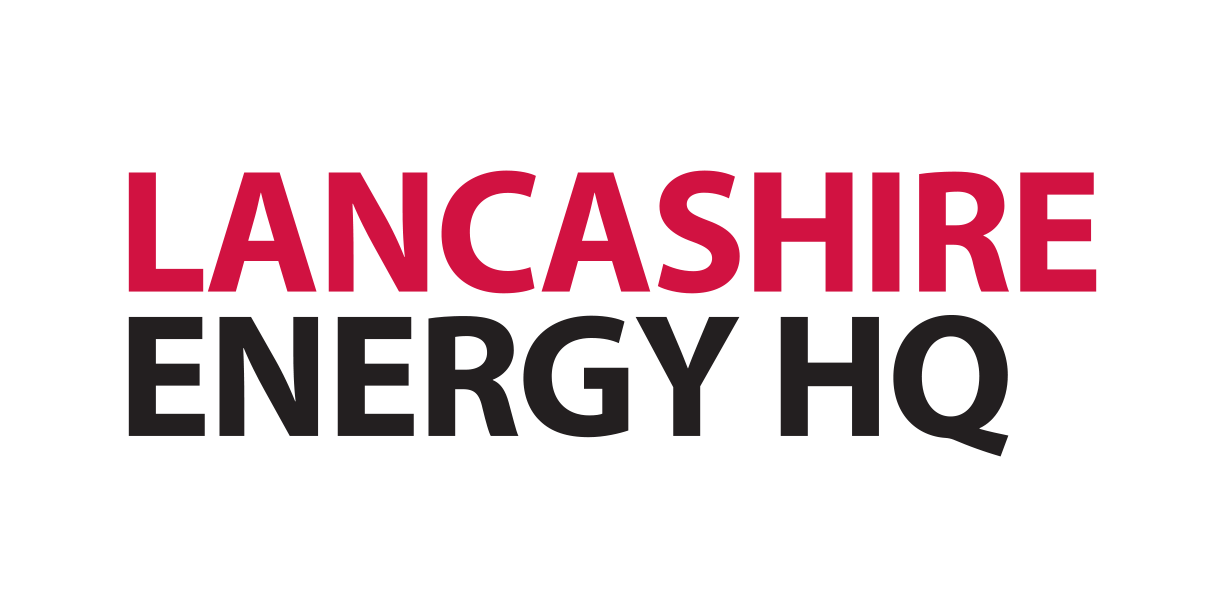Aeronautical Engineering - Level 3 Triple Diploma
Course Code: EC1FE432
16-18
Next course dates
| Start Date | Location | Duration | |
|---|---|---|---|
| 01/09/2025 | Bispham Campus | 2 Years | Apply |
Course Overview
Start your journey towards becoming a fully qualified Aeronautical Engineer with the Level 3 Triple Diploma in Aeronautical Engineering.
Co-created with industry to allow you to develop the exact skills needed for university and / or employment, this course aims to develop a wide range of engineering skills.
There is a strong focus on experimental and practical techniques so you learn to apply your knowledge to real industry scenarios. You will also develop your analytical and problem-solving abilities.
This is a challenging and exciting course, featuring industry experience and delivered by enthusiastic expert tutors, all keen to support you towards success.
If you achieve a grade 3 in GCSE Maths or English you will have to work towards re-sitting these subjects as part of your main study programme. At B&FC, this won’t delay your career journey because you’re working towards these subjects at the same time as your main subject.
Entry Requirements
A minimum of 4 GCSEs at grade 4 or above, including English Language, Mathematics, and Science, or a Level 2 Diploma in Engineering with Merit or Distinction, along with the following:
- A successful interview with a tutor
- The ability to study independently
- A genuine interest in the subject
- Good communication skills
- Hardworking approach towards the industry
All 16-18 year-old applicants will be invited to attend an interview to meet a tutor and ask any questions they may have about the course.
Please note: Where wearing PPE (Personal Protective Equipment) is a mandatory requirement of the course, it is the responsibility of the learner to ensure that they are able to wear such equipment. Further information can be obtained at the IAG session which all applicants are invited to or by calling Course Enquiries on 01253 504343.
All 16-18 year old applicants will be invited to attend an interview to meet a tutor and ask any questions they may have about the course.
Assessment Methods
The first year consists of a general engineering overview, with progression to the Aero-specific subjects at the beginning of year 2. There are 3 units in the first year that are exam assessed.
You will be in a classroom or workshop for approximately 15 hours a week throughout the course. On top of this you will be expected to complete homework/assignments and an industry placement as well.
The Aero-specific modules are all assessed with assignments that require both written and practical work to complete.
The first year consists of a general engineering overview, with progression to the Aero-specific subjects at the beginning of year 2.
Aero-specific units include:
- Engineering Principles
- Delivering Engineering Processes Safely as a Team
- Engineering Product Design and Manufacture
- Applied Commercial and Quality Principles in Engineering
- Microcontroller Systems for Engineers
- Calculus to Solve Engineering Problems
- Specialist Engineering Project
- Aircraft Flight Principles and Practice
- Aircraft Workshop Methods and Practice
- Aircraft Propulsion Systems
- Aircraft Mechanical Systems
- Aircraft Electrical Systems
Industry Placement and Field Trips
Other Costs and Equipment Needed
There is no specialist equipment required.
Expert Tutors
All staff involved in the delivery of further education courses within the College are approved to teach the subjects and modules they deliver. The approval process ensures that staff delivering a given programme are appropriately qualified and, where appropriate, possess relevant technical and industrial experience and professional practice.
Tuition Fees
Students who are 18 or under and resident in the EU pay no course fees. Read our tuition fees guide for students 19 and over.
Regulation and Accreditation
Accrediting Institution: N/A
Awarding Body: Pearson Education
Regulatory Body: Ofsted
Terms and Conditions
Read our full terms and conditions for more information.







